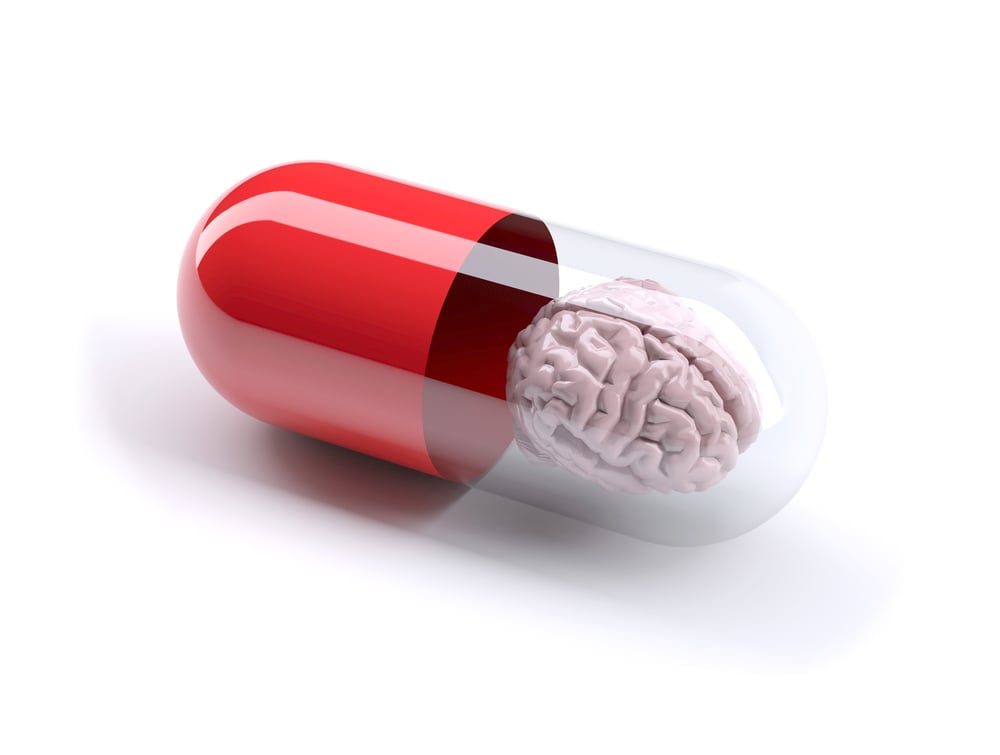In the modern world, smart drugs are quickly becoming the go-to solution for enhancing cognitive performance. From students to professionals and everyone in between, people are turning to these substances to gain an edge over their competition and excel at whatever task they face.
Smart drugs have been around for a few decades now but only recently have they become so widely used. With improved research into their effects and more widely available access, it is no wonder that these pharmaceuticals are gaining traction among all walks of life.
This article will explore how smart drugs can influence cognitive performance, as well as examine potential risks associated with taking such medications.
Overview of Cognitive Enhancing Drugs

The Overview of Cognitive Enhancing Drugs section of this article aims to provide an overview of the various types of drugs that have been developed to enhance cognitive performance in the modern world. These substances can be divided into two broad categories: stimulants and nootropics.
Stimulants, such as caffeine and amphetamines, work by increasing alertness and focus while simultaneously boosting physical energy levels. Nootropics, on the other hand, are a class of compounds that are designed to improve mental functioning without having a stimulating effect on users.
Popular examples include Modafinil and Adrafinil – both used for treating sleep disorders but are increasingly being used off-label for improving concentration and focus in healthy individuals. Finally, there is a growing number of non-drug options which are gaining traction due to their natural ingredients including herbs like Ginkgo biloba or vitamins such as B6 or B12 which have all been purported to boost cognition under specific conditions. In conclusion, there is now an expansive range of products available which claim to enhance cognitive performance – from traditional pharmaceuticals through new generation supplements – providing an unprecedented level of choice for those looking for ways to get ahead in today’s competitive world!
The Benefits and Risks of Smart Drug Use
he use of smart drugs, also known as nootropics, is becoming increasingly popular in the modern world. Smart drugs are substances that enhance cognitive performance and can be used to improve focus, memory, motivation, and creativity.
While there are many benefits associated with smart drug use, such as improved productivity and increased concentration levels, their potential risks should not be overlooked either. Smart drugs can have a variety of side effects depending on the person’s individual physiology or dosage; these include headaches, nausea, and dizziness.
Furthermore, while some studies suggest that they may provide long-term cognitive enhancement benefits over time; other studies show that with regular usage adverse physical effects like low blood pressure or heart problems could develop due to prolonged exposure to certain compounds found in smart drugs. It is therefore important for individuals considering using nootropics to discuss possible risks with their healthcare provider beforehand.
Additionally, for those already taking prescription medications, it is essential to check if any interactions exist between them and the chosen nootropic before starting treatment as this could lead to dangerous health complications later down the line.
Exploring the Social Implications of Smart Drug Consumption
The rise of smart drugs in the modern world has caused a major shift in how people attempt to enhance their cognitive performance. Smart drugs, also known as nootropics, are substances that can help increase mental focus and alertness.
As these drugs become more popular, it is important to consider the social implications of their use. From a medical perspective, many doctors and health professionals are concerned about the potential dangers associated with self-medicating with smart drugs without proper guidance from trained professionals. In addition to interactions with prescription medications or other over-the-counter supplements, there could be long-term effects on physical health that have yet to be determined by independent research studies.
In terms of societal implications, some argue that allowing access to such “performance enhancers” represents an unfair advantage for those who can afford them while creating additional barriers for those who cannot. Furthermore, taking into account the recent advances in technology-related fields such as artificial intelligence (AI), many worry about what this kind of enhancement might mean for future job markets—namely whether AI will soon replace human employees altogether due to its superior capabilities when enhanced through smart drug consumption.
On top of all these considerations lies an ethical dilemma; should we allow individuals unrestricted access to potentially powerful mind-enhancing agents? Is it fair if not everyone has access but only those who can pay for it? These questions remain at the center of any discussion around exploring the social implications of smart drug consumption within our current society and economy today
Conclusion

The rise of smart drugs has revolutionized the way people think and process information in the modern world. Smart drugs, such as nootropics, have been shown to improve cognitive performance by enhancing memory, focus, and concentration while reducing stress levels.
This is a particularly appealing solution for those who want to stay ahead in an increasingly competitive job market or simply need more mental energy for their daily tasks. As technology continues to progress at an ever-accelerating rate, we are likely to see further developments in this field that could make smart drugs even more effective and widely available – ultimately leading us into a brighter future of enhanced cognitive performance.

